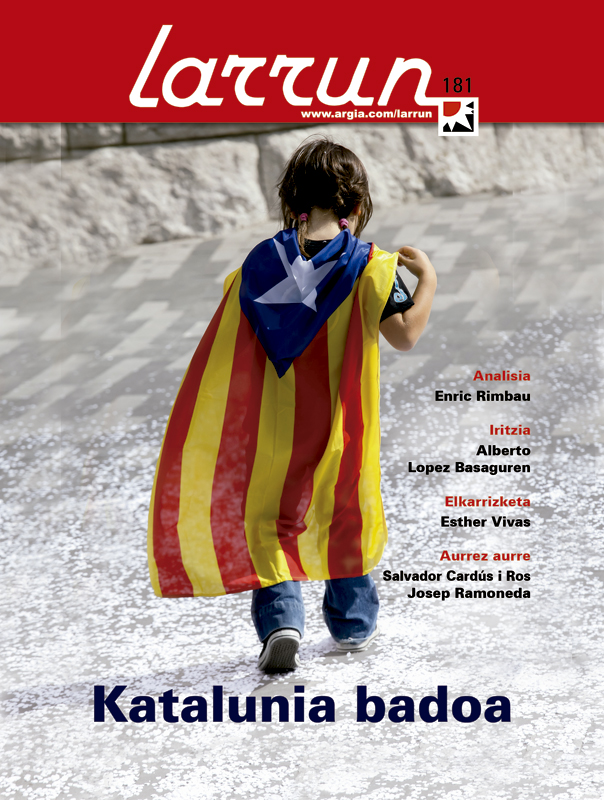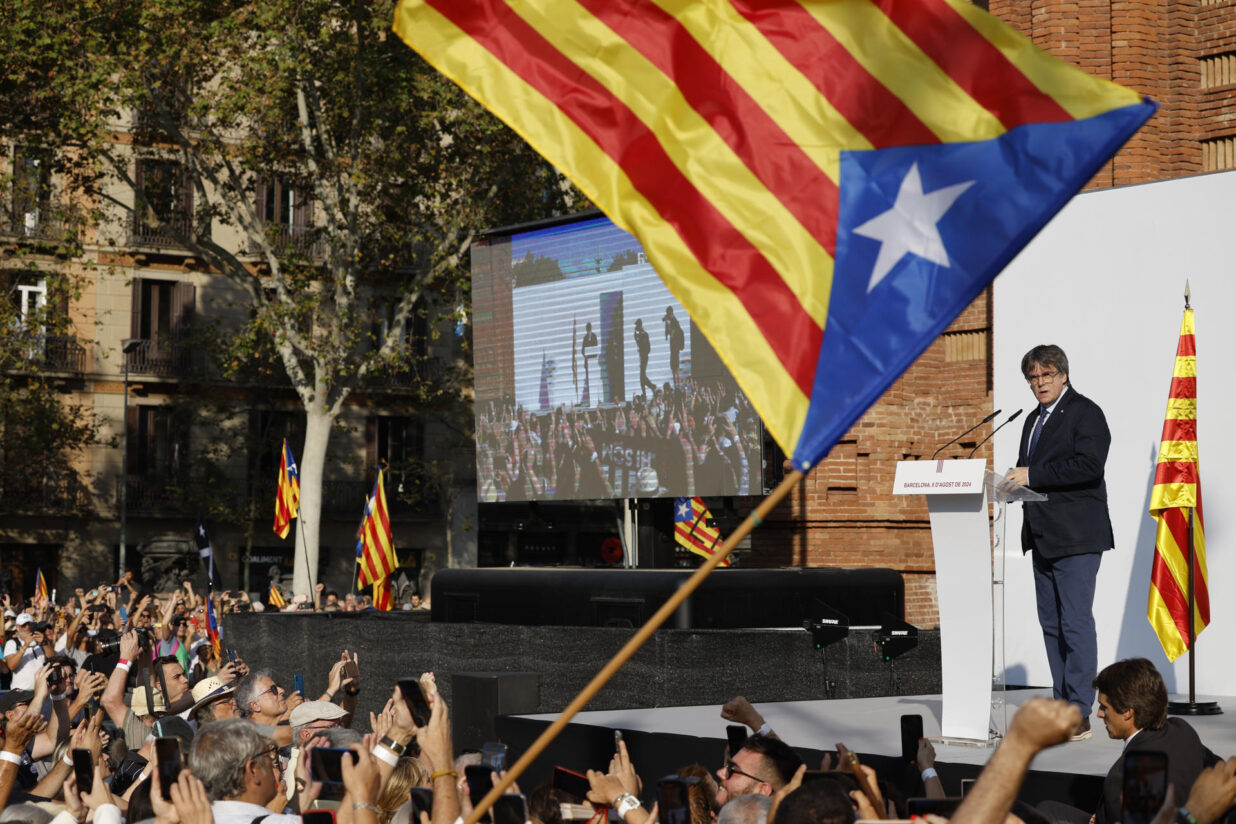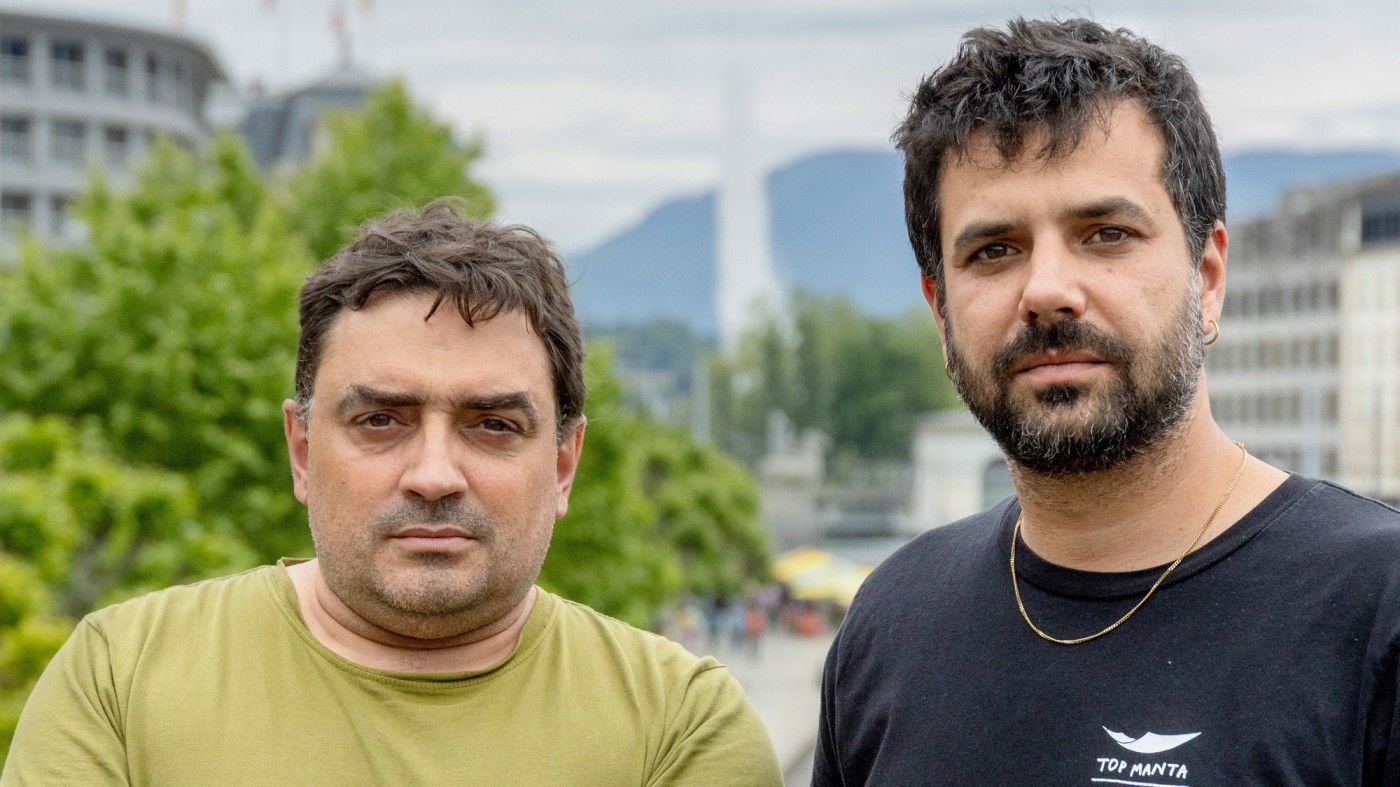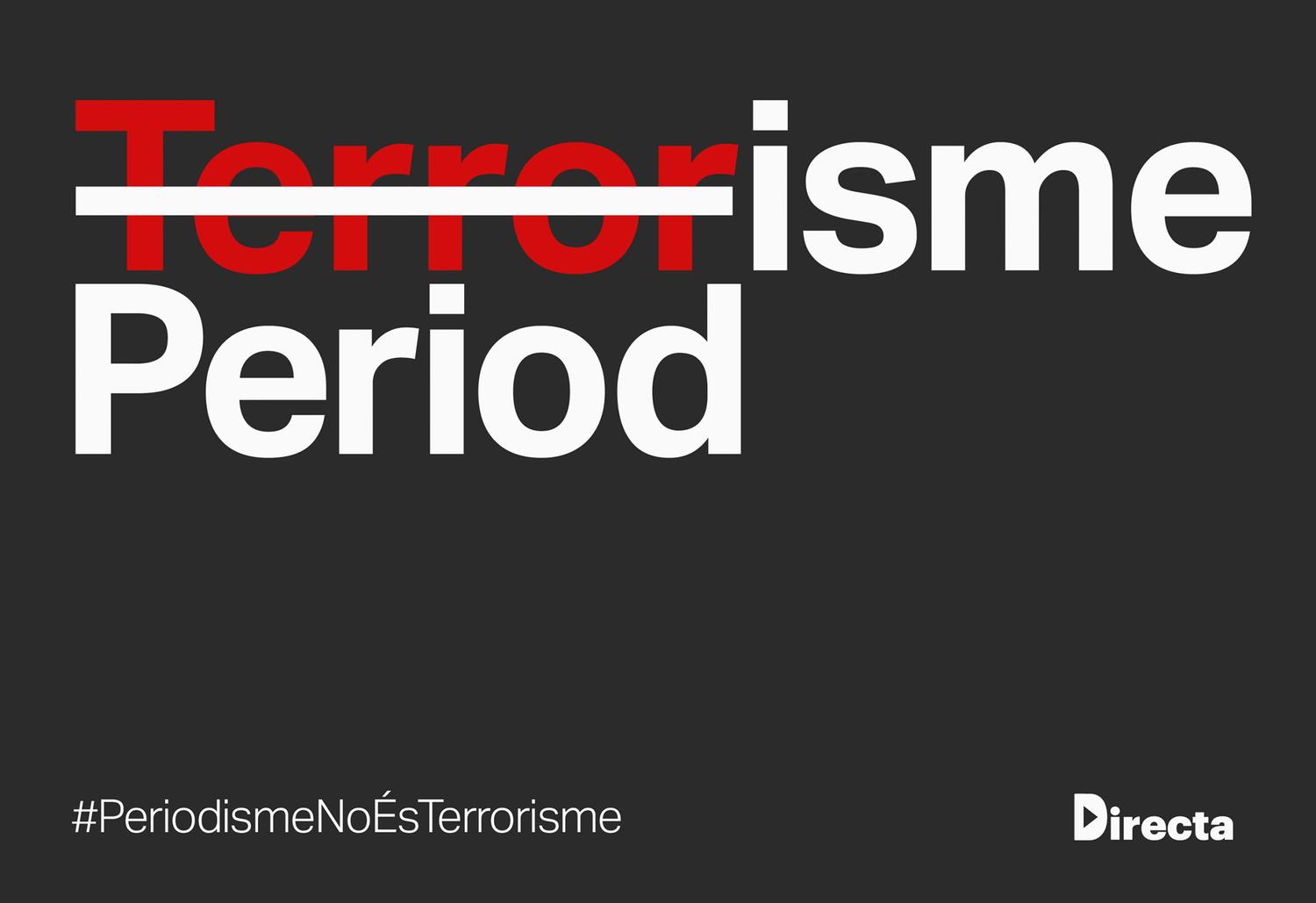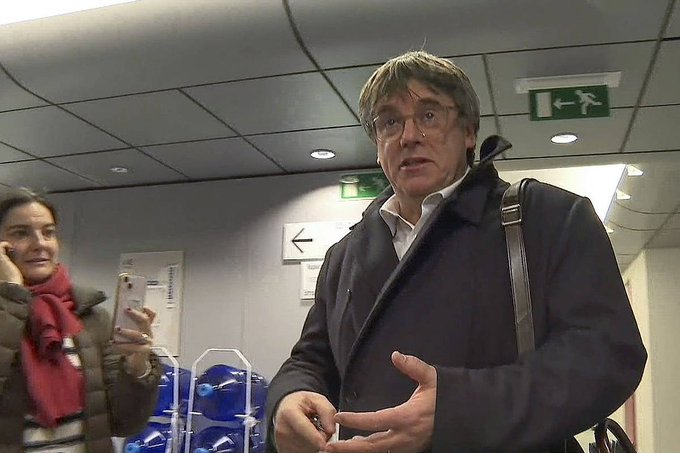Viatge a Ítaca: long and steep road
- Most of the Catalan parties want to hold a referendum on the political future ahead in Catalonia. They call that ‘right to decide’. It appears that the majority of the population maintains this demand. It seems that in recent years the number of supporters of independence has increased strongly, and many of them want to move towards independence. They want to hold the referendum immediately, and they want to arrive immediately, without any escape, at the Itaka of the dreams of the nationalists: to be an independent state.
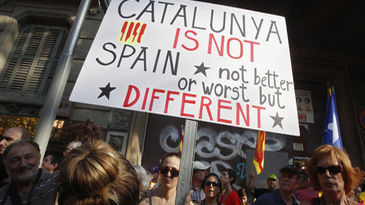
The Spanish political system as a whole has opposed this request with a single justification: the principle of legality. Such a referendum and against the Constitution, as well as the independence of Catalonia. There would therefore be nothing more to discuss.
The issue is therefore not as transparent as both would like.
The issue is not extinguished in the bounds of the principle of legality. But it will hardly be a referendum that seeks to be an illegal referendum, a referendum of legitimacy and of legal and political conviction. In liberal democracies, and that is what we like or not, what serves us as a framework and model, the basic principle is that of legality: the limit of the other principles. There are no consequences that the democratic principle can bring out of the principle of legality. This is the principle that has been imposed with total transparency in both the cases of Quebec and Scotland.
And independence is particularly unattainable. On the one hand, international law does not recognize the right to independence outside colonial situations and, as an extreme exception, outside cases of remedial secession – thus, gross violations of human and political rights –. This last road, however, is particularly difficult, as the case of Kosovo shows. And in Western Europe it will be difficult to accept this as long as the geopolitical model does not change.
On the other hand, in all liberal democracies the division of a territory within the State is contrary to the Constitution. Whether it's a federal system or not. The clearest example is the civil war in the United States.
However, times have passed. The cases of Canada and the United Kingdom show that a new model is being built and addressed in the “Western” constitutional systems. But to what extent has the model changed?
The Supreme Court of Canada opened a new model in its 1998 Declaration, when it had to reflect on Quebec’s right to establish itself as an independent state. And he clearly stated that no territory of the Federation ' s fund has the right to be independent. There is therefore no “right to decide” at all.
But that doesn't mean the matter ends there. What is to be done in a democratic system if the majority of the citizens of a territory clearly want the independence of that territory?
The independence of a territory requires a reform of the Constitution, which must necessarily open the door to independence expressly. In this sense, if, in a democratic system, the vast majority of the citizens of a territory (a clear majority as a qualitative evaluation) clearly demonstrate their desire to make their territory an independent State, the democratic principle inevitably requires that this desire be met. Because the principle of legality must be based on democratic legitimacy.
The reform of the Constitution, however, requires the consensus of many wills. To this end, all parties have an obligation to open the door to political negotiation. It is the most obvious novelty of the Canadian Hearing. In the negotiations, each party will play the democratic legitimacy of its objective. The principles behind the Constitution require each other to act in accordance with what they require.
But that is the policy area. No one guarantees that he will achieve his goal. And it can be a dead end. The political system shows the measure of its capacity along this path. And also their welcome and credibility at international level. In this area, Spain has a special problem because it does not even allow the Catalan people to express their political desire directly. And this can become inevitable November in the light of the examples of Quebec and Scotland.
In any case, in view of what has happened in the world, the conclusion is inevitable: the road to independence is absolutely long, abrupt, diffuse, full of risks and without any certainty. But that's what the fascinating poem of Konstantin Kavafis taught us, a poem that most of us first met through the version of Lluís Llach. In this coffin we should listen carefully again to the wonderful song, especially those who want the independence of Catalonia to be done immediately.
* Alberto López Basaguren is professor of Constitutional Law at the UPV.
Walk from a train station, two friends and a hug. This hug will be frozen until the next meeting. I'll come home, he'll stay there. There, too, will be free the painful feeling that injustice wants us to catch. Jesús Rodríguez (Santa Coloma de Gramenet, 1974) is a journalist,... [+]









